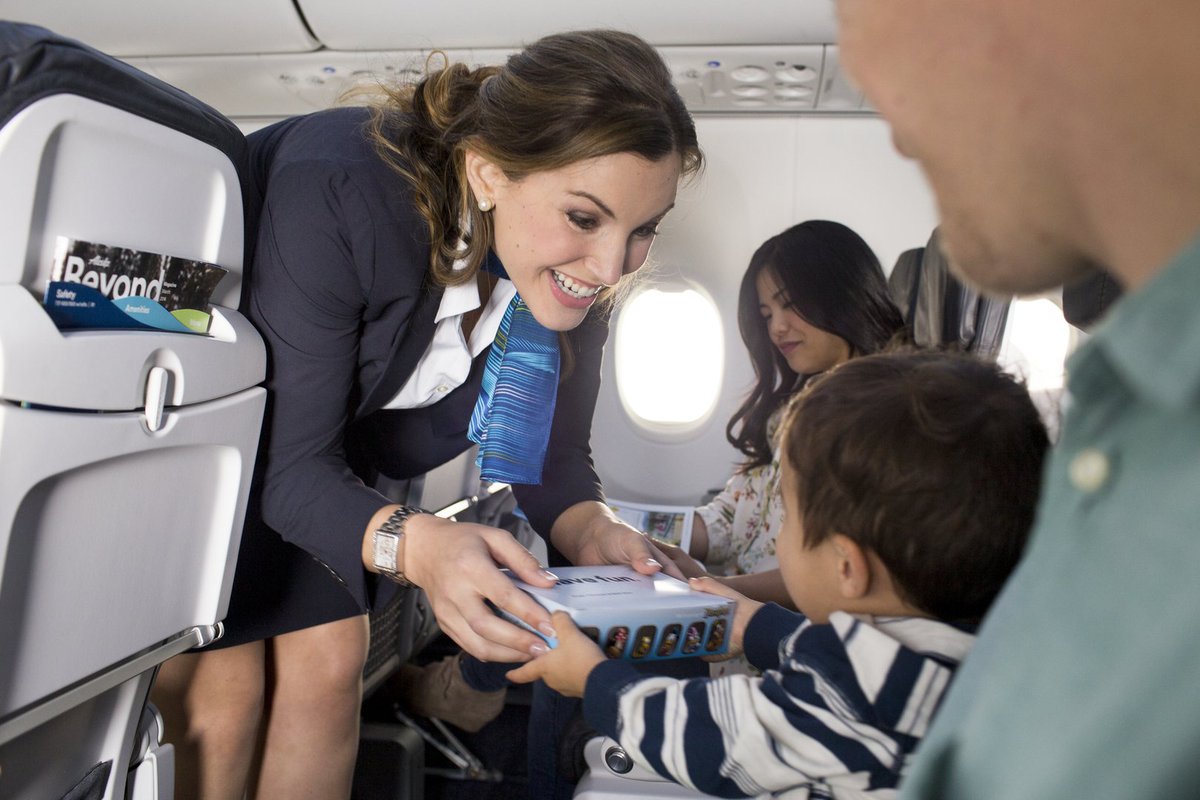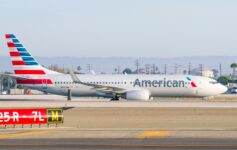
Former Spirit Airlines CEO Ben Baldanza has penned a piece for Forbes defending airline bailouts by U.S. taxpayers and strongly dismissing the emotional “myths” people use to oppose government support. I’m still not convinced, though.
CEO Discounts Airline Bailout “Myths”
I’ll give Baldanza credit for doing a better job than anyone else in defending the idea of government aid to airlines. He tries to make his point by arguing against five myths commonly levied against airlines. Let’s go through each one.
Aid Now Just Delays The Inevitable
Baldanza doesn’t even dispute that recovery is “years” away and business travel may never recover. Nevertheless, he argues that “we don’t know how demand will recover, and the sooner airlines can start flying the better it is for the whole economy.”
I think most Americans would be willing to accept another short-term fix if we knew demand was returning next spring. But every indication says otherwise. Every indication says people are too sacred or unwilling to come back and business travel polices will not easily be altered.
Baldanza adds:
“Further, failing to provide this kind of aid doesn’t save much money, since these employees would be eligible for unemployment insurance and yet would not be staying current as their roles require.”
But this just isn’t true. As View from the Wing notes, U.S. airlines have sent out WARN notices (notes warning of an impending layoff) to 75,000 employees. Airlines say the $25 billion in aid is necessary to avoid this. But do the math…that’s $333,333.33 per worker (obviously that is not going in the pocket of the workers) only through March! Unemployment is a much cheaper alternative.
I think everyone agrees (sadly, I must add), that there is no way the airline industry will be able to offer employment at 2019 level for many years to come. Why wait in limbo? As one flight attendant noted:
I can appreciate the advocacy and even applaud it to some degree, but enough is enough. Airline workers need to start making plans for the October gut punch. Many would like to hear a narrative from you on how to go about preparing for this. (1/4) https://t.co/0MggY6L0IM
— Flight Attendant X ✈️ (@flghtattendantx) July 30, 2020
In closing…
I don’t have the luxury of turning down a potential job opportunity now in the hopes that I can enjoy being a flight attendant for only a few more months. What if there are even less employment opportunities in March? What then, Sara?
— Flight Attendant X ✈️ (@flghtattendantx) July 30, 2020
Is this the life more junior airline workers want for themselves? Hoping for the best every few months while life quickly passes by? That is such horrifying thought to me.
It is true that airline cutbacks now make airlines less equipped to add more capacity and respond to any economic upswing, particularly if pilots are laid off. But the cost of retaining the status quo seems unacceptably high.
Aid Only Helps Investors Who Knew The Risks
Baldanza dismisses the notion that government aid rewards investors, not taxpayers.
“Providing aid to keep employees current has not resulted in airline equity values increasing. In other words, the market is smart enough to know that temporary aid is just that, and so to raise the value of an airline due to that makes no sense.”
But look at how airline stocks have surged on news that a second round of bailouts is coming. Baldanza says that aid “does nothing to recover to the losses for investors who held airline stocks going into this crisis,” but he fails to account for all the speculators who have recently entered the foray and are betting on another infusion from Uncle Sam.
Aid Rewards Bad Cash Management Behavior
Baldanza dismisses the emotional appeal of scorning stock buybacks, arguing airlines have invested far more in their product and employees. In fact, airlines have done such a good job managing money that they have had no trouble raising private equity during the crisis, which leads to the obvious question:
“So if airlines are so effective at getting private liquidity why do they need more government aid? Well, given that this aid is all geared around keeping employment up, it is helpful to the airlines while being a good investment for the government.”
That goes back to point #1 and the actual cost to save a job through March…please run the numbers yourself.
Airlines Need Demand Recovery, And Government Aid Can’t Do That
Baldanza actually concedes this is not a myth, but says that “reducing the financial burden during this time allows airlines to spend and experiment on ideas to make customers and businesses more confident.” In other words, if airlines spend their money on payroll, they will not be able to invest in the sort of innovation that will bring back demand.
I find this argument totally unpersuasive. Airlines were actually innovating just fine prior to the pandemic. Beautiful new business class seats, high-speed internet, streaming video, all on a new generation of fuel efficient aircraft. The solution is not the latest gimmick to make consumers feel safer. Rather, the solution is rapid testing, a viable vaccine, or the virus frittering out.
In that sense, instead of spending money on lavish payroll support that help airlines and investors far more than airline workers, the government should direct its money and energy into combatting the larger pandemic problems, not treating the effects like a stagnant airline industry with a band-aid.
Bankruptcy Is Better Option For Airlines
Since the U.S. airline industry is not structurally broken, Baldanza argues bankruptcy would not accomplish what it did after the attacks of 9/11. He concedes “airlines could probably get some benefit for their fleet plans, rejecting some orders for new planes or early returning planes on lease,” but notes that Airbus and Boeing are already working with airlines.
But this seems like a red herring. Sure, bankruptcy is always an option, but which major U.S. airlines is warning of bankruptcy? None of them. The choice is rather between private equity or government handouts, which come with all sorts of strings attached.
I dismiss his last “myth” because it is not even a viable threat right now.
CONCLUSION
Let me be clear: a vibrant airline industry is essential in the USA. I want airlines to be prepared to bounce back quickly, whenever that may be possible. But we must run cost/benefit analysis on the money we spend and Baldanza utterly failed to persuade me that U.S. taxpayers will see a reasonable return for the latest payroll support proposal under consideration.
Were you convinced by Baldanza’s arguments against airline bailout myths?
image: Alaska Airlines




The problem which I have asserted all along is that the cost versus benefit analysis throughout this pandemic has been significantly skewed — beyond the point of irresponsibility and overreaction, in my opinion — and not solely with the bailouts for the airline industry, Matthew.
Yes indeed. The element of fear tends to naturally skew that analysis.
I’m with you. The money can and should be better spent elsewhere.
Delaying the inevitable layoffs doesn’t mean you don’t pay out unemployment benefits, it just means you pay them out later. It also means you are paying someone to basically not work, when their labor could be redeployed somewhere else more economically useful. If guaranteed employment was a winning strategy then communism would have won the cold war.
i wouldn’t believe what Baldanza says even if his tongue was notarized.
I’ll give the guy props for undertaking an impossible task in trying to make another bailout seem worthwhile to the American people.
Next,Baldanza will publish his thesis on how America should declare airlines tax exempt,able to apply at will employment laws,be classified too big to fail and relieved from honoring pension plans by transferring the obligations to federal government insurance.
Ben Baldanza sounds like a character from
Seinfeld…I’ve got nothing of relevance to add. That’ll be all.
When my epithet is written? Okay Mrs. Malaprop.